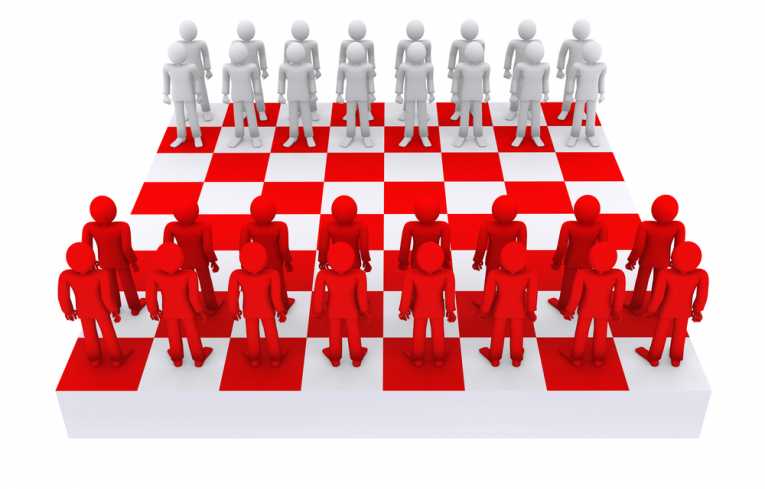Whether it is society, evolution, or just a game, life involves reciprocal behaviour. "What you put in, you get out," or so the story goes. When food is given out to the needy, is it not just a kind of theft that others tolerate? This advanced social behaviour of higher primates, cetaceans and a few others is investigated in a unique experiment with 96 undergraduates in a Sims-like virtual world.
Hillard S. Kaplan, Eric Schniter, Vernon L. Smith and Bart J. Wilson of the Chapman University in Orange, CA and the University of New Mexico arranged the devious plot of the "game." In a specially prepared lab, the isolated computer screens have arranged hexagons (representing food) to be gathered and placed in a pot for 20 periods of 2.5 minutes. The full paper was published today in the Proceedings of the Royal Society B: Biological Sciences
For a first phase, there were 10 seconds to conduct an avatar to one of two grassy areas. Phase two was 90 seconds of collecting and phase three consisted of 50 seconds of hexagon processing. A red grassy area selection produced 3 HV (high value (36 calorie) hexagons while a blue grassy area alternative could provide many LV (low value, 1 calorie) hexagons.
During the third phase, the avatars were placed centrally, sometimes in view of each other and capable of communication through speech bubbles. Pots were then filled with hexagons in the time available, up to a capacity of 18 calories Left-overs could be moved to another pot or another avatar (but never taken.) Blue grass choice yielded 8.5 calories per day on average. Red grass choice, where the large hexagons could be and actually were shared, yielded an average of 11.21.

The reds (HV) or the blues (LV) - which one would you choose? (AND would you share?) - Hexagon image via Shutterstock
The results support theories that we are pre-disposed to evaluate whether to exchange or not. No external influence was possible here, within the experimental conditions. Both sexes were similar, the largest difference being in the more frequent choice of HV by males. Intriguingly, this would agree with the ancient hunter-gatherer role of males and the gatherer function of women. Only giving was possible, so the tolerated theft theory goes up in smoke.
The paired reciprocity of resource exchange increased over the period of the experiment under conditions of anonymity. Some of these exchanges became very strong. Kinship traditionally plays an important part in food exchange, especially when one partner transfers more than the other. Within this scenario, the lack of kinship is compensated by the availability of reciprocity.
The authors state that, "significant pair-wise reciprocity increased over the course of the experiment", indicating that people saw and utilised long-term benefits from such pseudo-economic activity. I'm sure they enjoyed themselves, too.










